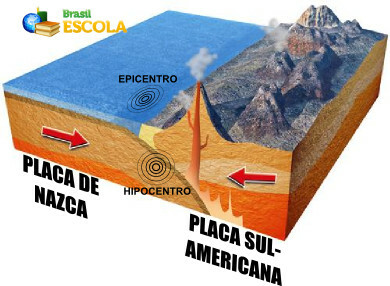On January 7th, a US scientific journal, The Lancet, published a study linking two components of air pollution with non-viral asthma attacks among children and teenagers. The pollutants in question are ozone (O3) and fine particulate matter (PM2.5).
Pollution x childhood asthma
see more
Alert: THIS poisonous plant landed a young man in the hospital
Google develops AI tool to help journalists in…
According to the analysis of the scientists, it was concluded that there is a higher incidence of these inflammatory airways among children and adolescents residing in low-income urban areas in the United States United.
According to the researchers: “The prevalence and severity of respiratory disease increased markedly with urbanization, and children in low-income urban centers have one of the greatest morbidities of asthma. Outdoor air pollution has been linked to adverse respiratory effects in children and adolescents with asthma.”
How was the research done?
To carry out the research, 208 children and adolescents between 6 and 17 years of age were used as volunteers, who already had a propensity for asthma and lived in urban areas of nine low-income cities in the U.S. 80% of the participants were included in the analysis, that is, 168 people.
The researchers used the quality indices of concentrations of atmospheric pollutants and air quality of the municipalities where the volunteers resided, taking into account the reports of asthma attacks of each one from them.
In addition, 419 people aged 6 to 20 years, with persistent allergic asthma and living in urban areas of eight other cities in the United States were used. In the end, the impact of the analyzed pollutants reached approximately 45% of them, which represents 189 affected volunteers.
According to the survey, the volunteers had seizures due to pollution and not the virus. “We identified that the increase in the values of the air quality index, driven predominantly by the increase in the concentrations of fine particulate matter (PM2.5) and ozone (O3), was significantly associated with asthma exacerbations and decreased lung function that occurred in the absence of a triggering viral infection. researchers.
Finally, the research suggests that air pollution is a risk factor to be considered in relation to the increase in asthmatic conditions in children and adolescents living in urban areas, potentially being associated with a greater number of inflammations in the airways airlines.
Lover of movies and series and everything that involves cinema. An active curious on the networks, always connected to information about the web.



